
If you are curious about the electrical connections of large restaurant kitchens, you may be wondering: how different are the connections compared to my kitchen at home? Are there other specific electrical connections required that a home kitchen wouldn’t need?
There are quite a few differences in the connections and the way they are set up. Locking plugs are a necessity. This ensures all the appliances don’t accidentally come unplugged, possibly ruining a dish or slowing down the kitchen during peak hours. The locking plugs used in this kitchen are NEMA L6-20 and NEMA L5-15. As we know, the L620 can provide 20 amps at up to 250 volts. This connection is used for larger toasters.

The other connection, L515, does not need as much power. It is just 15 amps at 125 volts, similar to a household connection, but with a twist locking feature. This other simple toaster uses an L515 plug. It can most likely use a regular household plug, but again, having the locking feature is handy in a commercial kitchen.

It’s also best practice to have the outlets and corresponding connections higher up above your head. By doing this, it again prevents appliances from becoming unplugged and keeps the kitchen staff safe from shocks if there are any spills. It is also a very effective way to manage cables. During holidays or peak hours, being extra prepared in this way can make a world of difference.

Some appliances need to be wired directly into the main breaker box. Large walk-in refrigerators and storage spaces require a hard-wired connection. A low-temperature cook and hold oven also requires a hard-wired connection. As you can see, this oven requires a 208-240 volt connection and has an operational power of 6,000 watts, which is about 25 to 29 amps. The larger dishwasher also runs at higher power and needs to be hard wired in a similar manner.

If your restaurant is in an area that is prone to power outages, it is best practice to have a generator on standby or some other form of back-up power available so none of the food spoils.
If you have any further questions about the connections you need for your restaurant or need to adapt a current connection, please reach out to us with a text, phone call, or email.

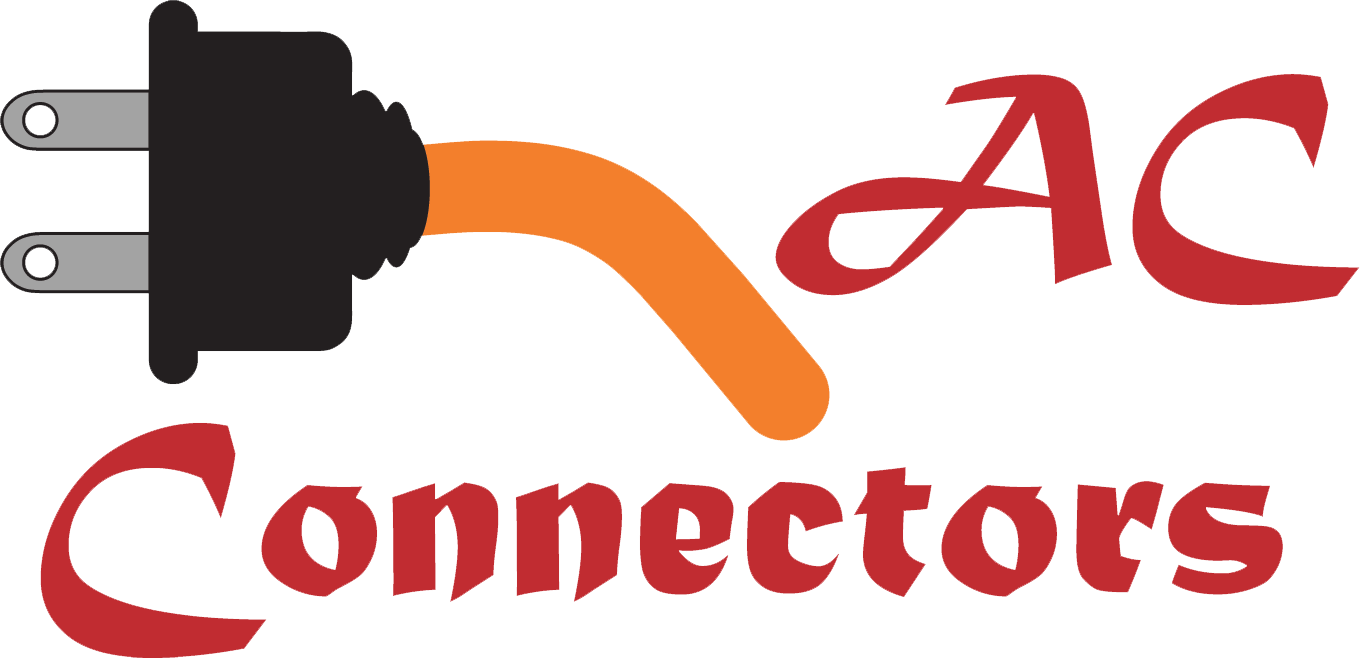

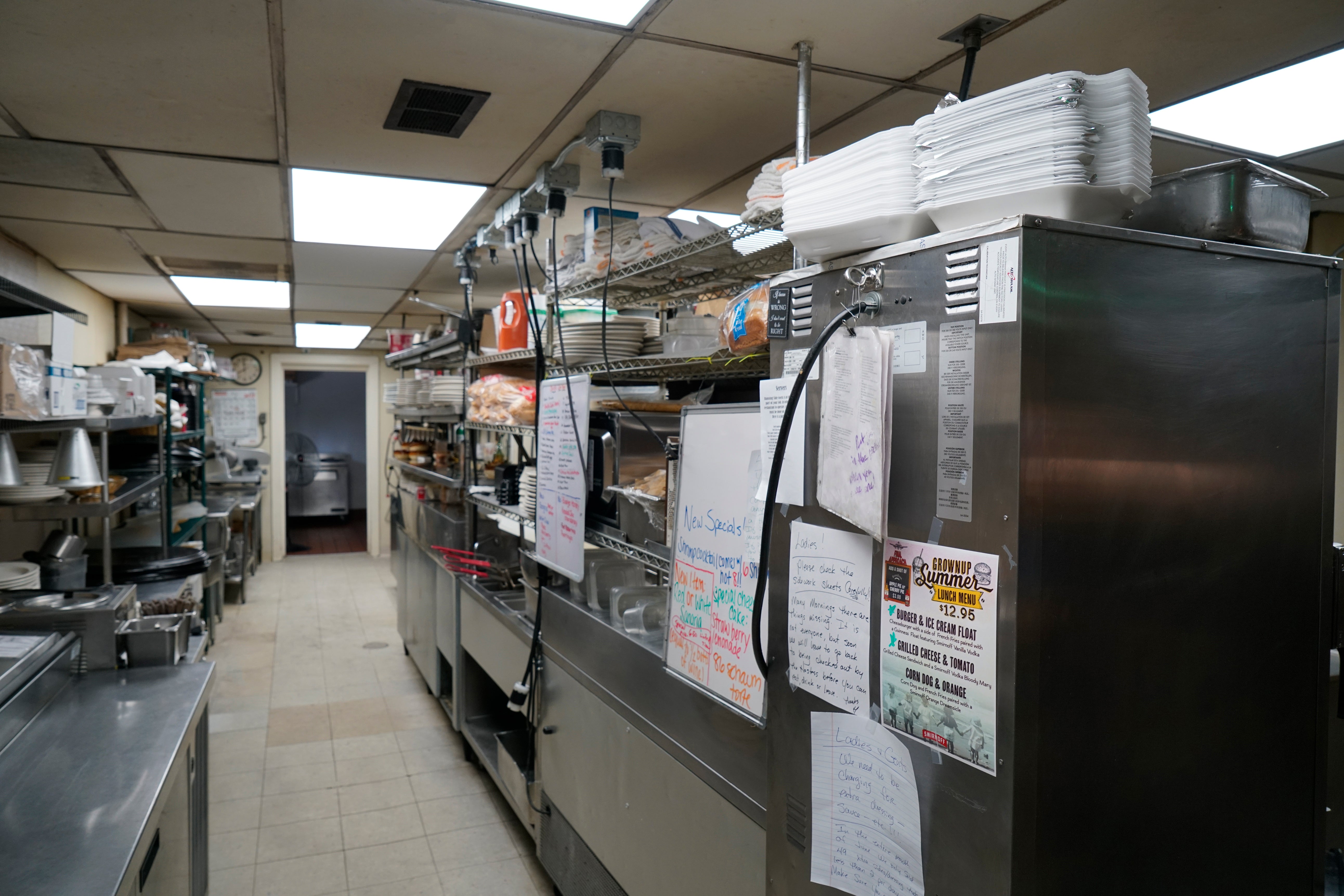
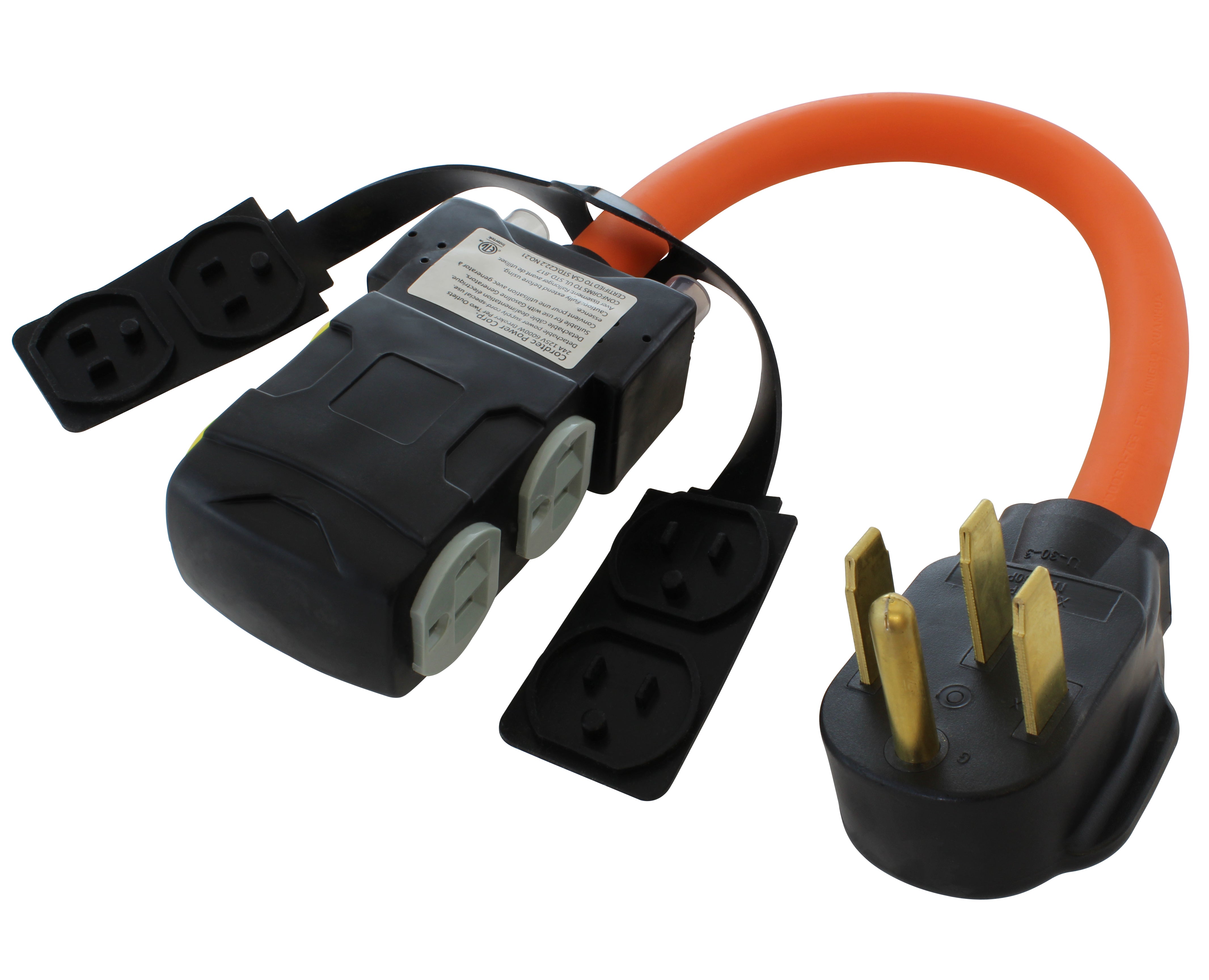
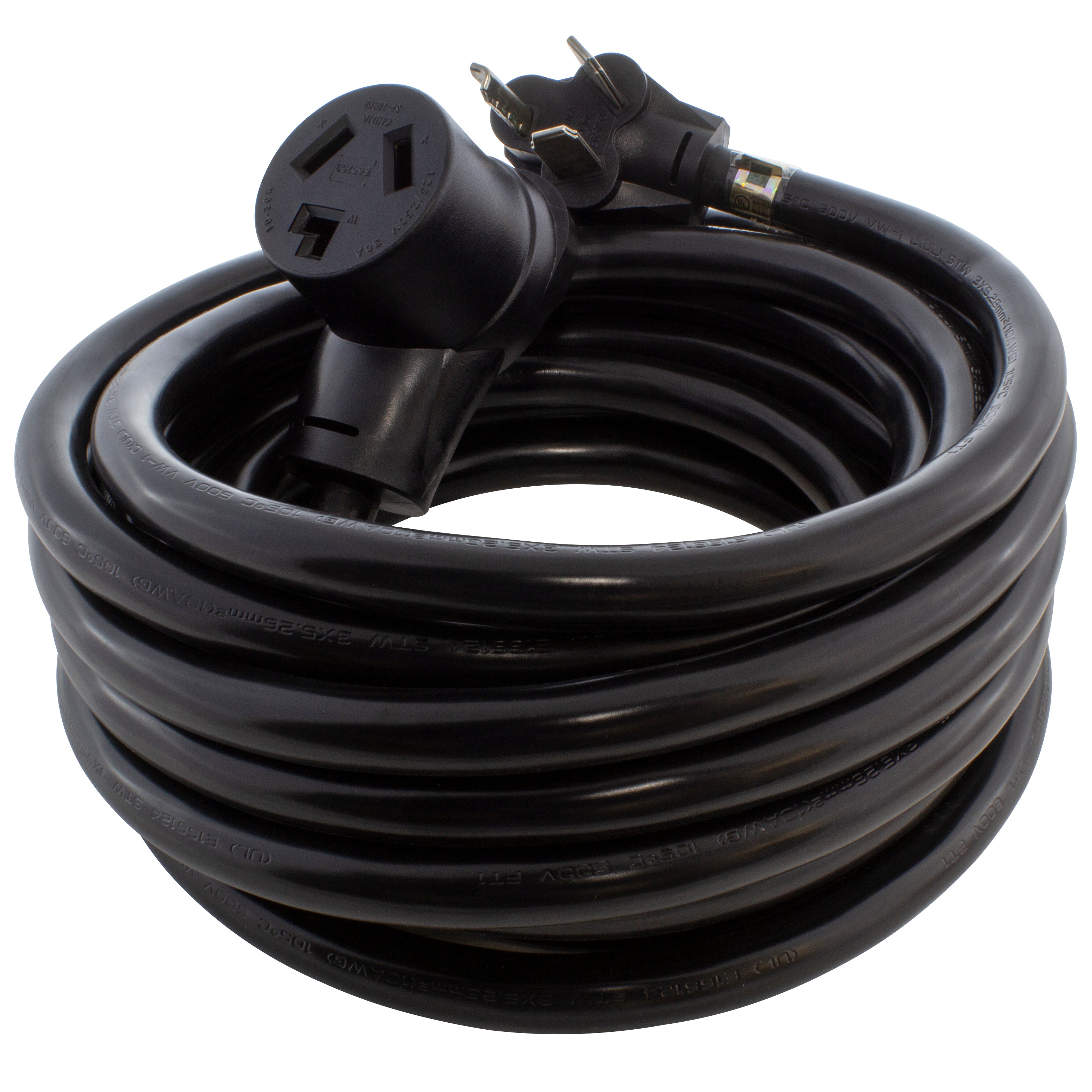
![AC WORKS® [S1430CBF520] 1.5FT 14-30P 4-Prong Dryer Plug to (4) Household Outlets with 24A Breaker](http://acworks.com/cdn/shop/products/S1430CBF520.jpg?v=1666103519&width=4656)
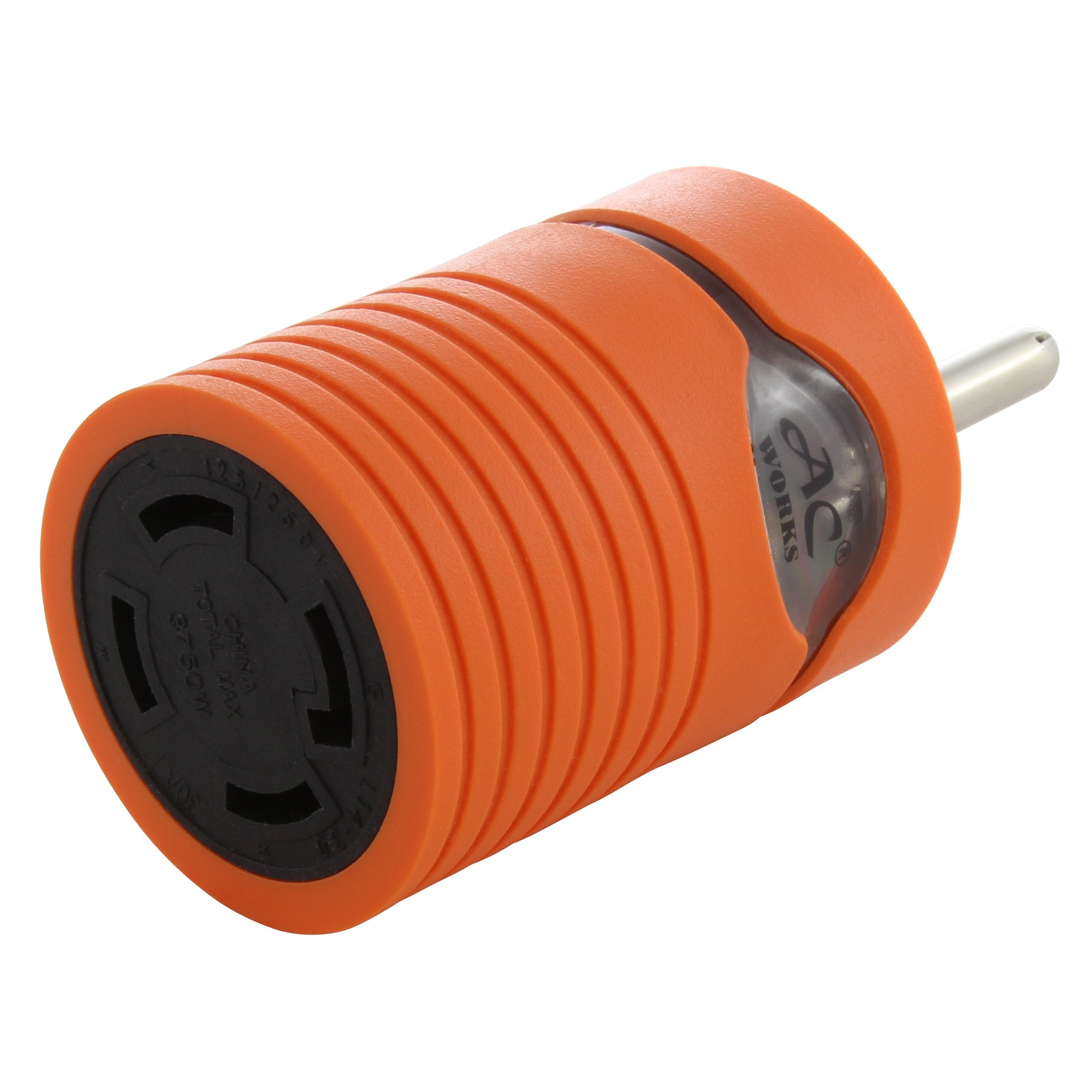
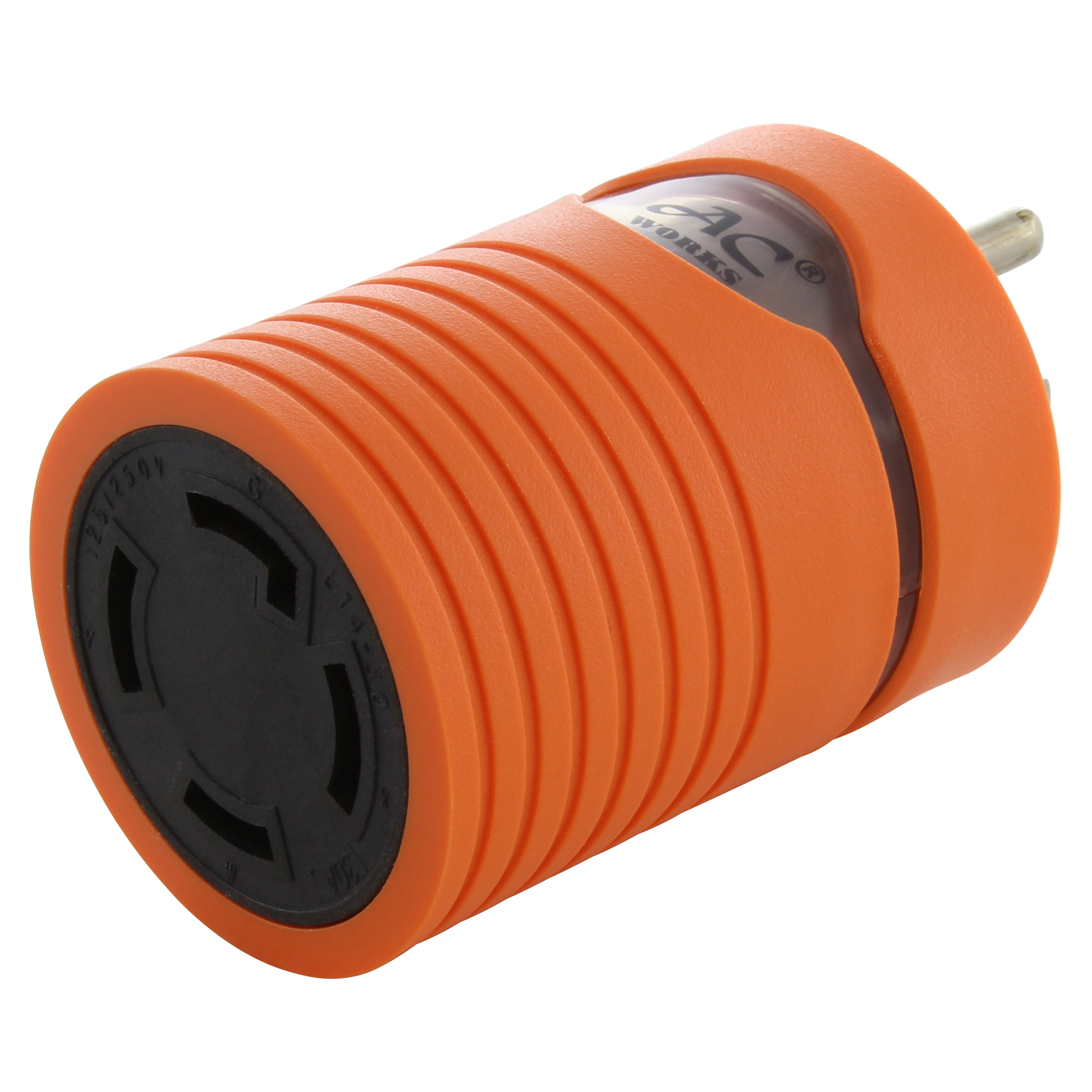
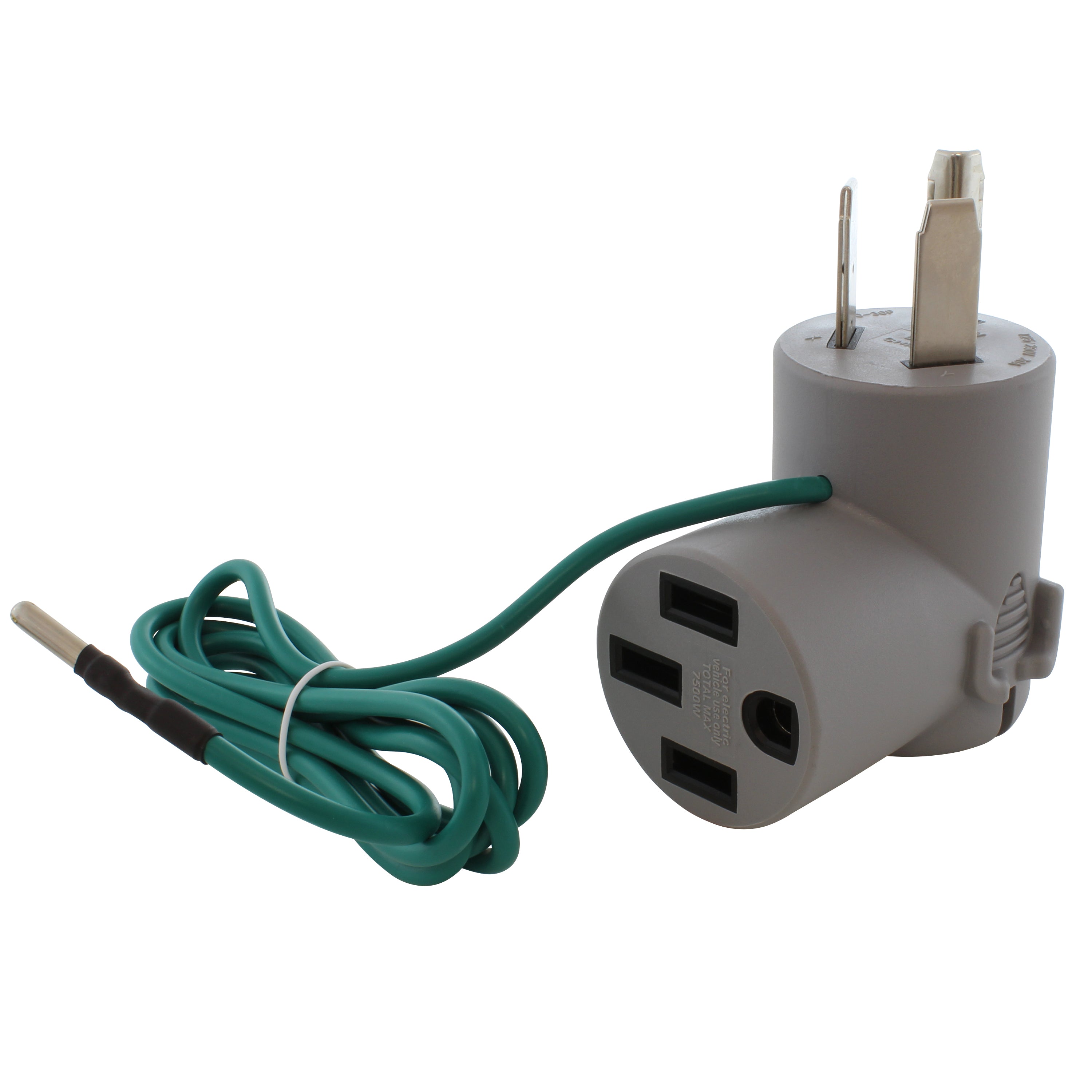
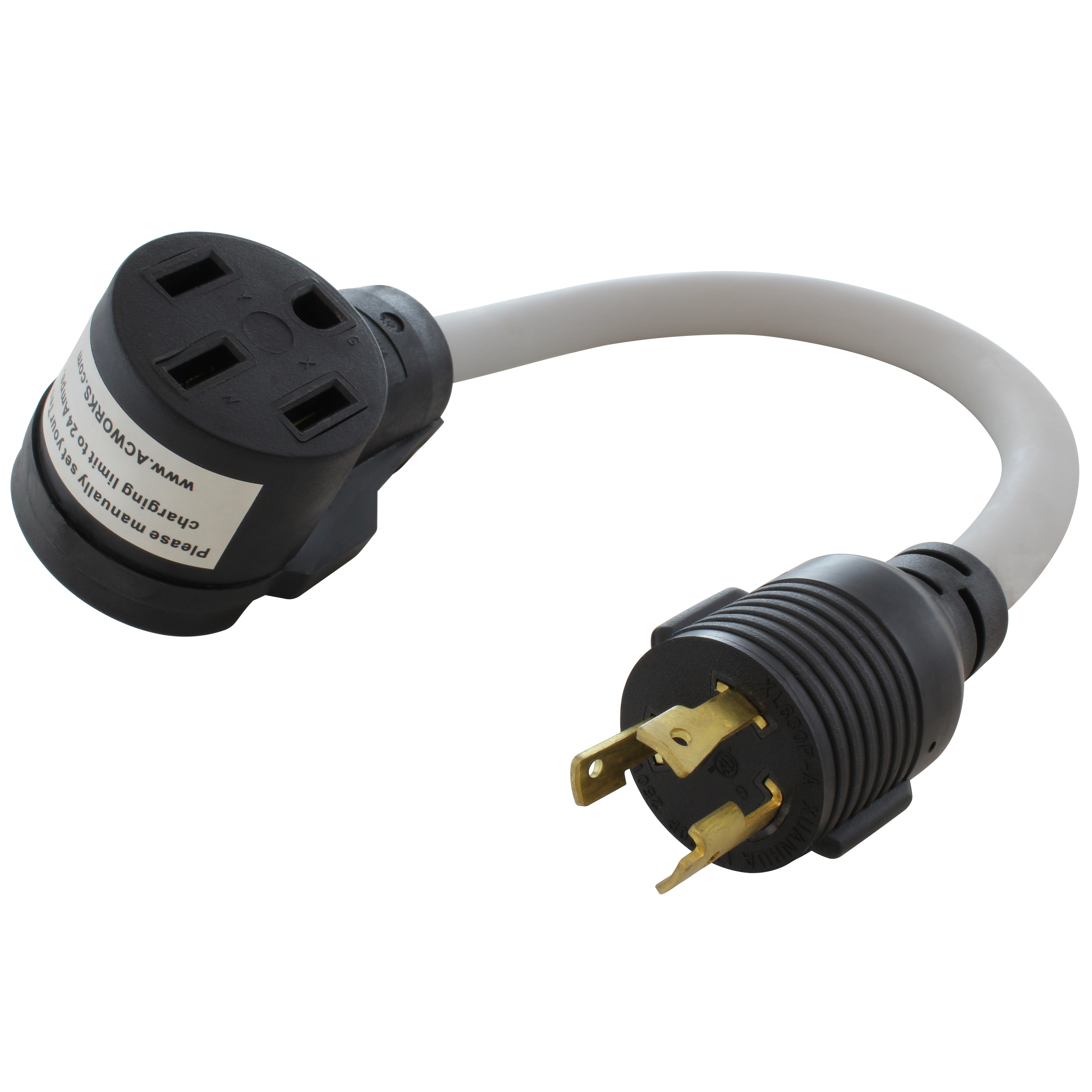
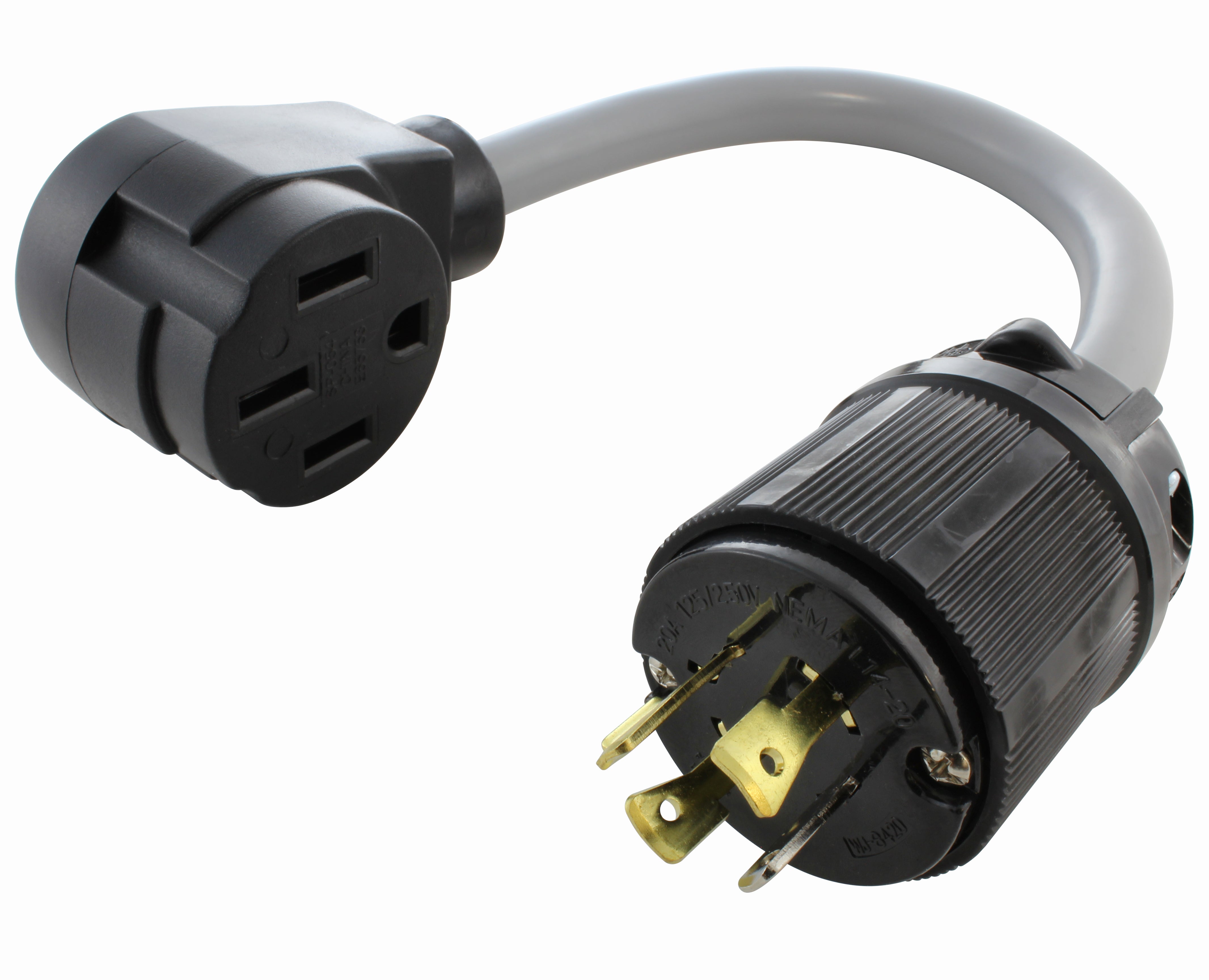
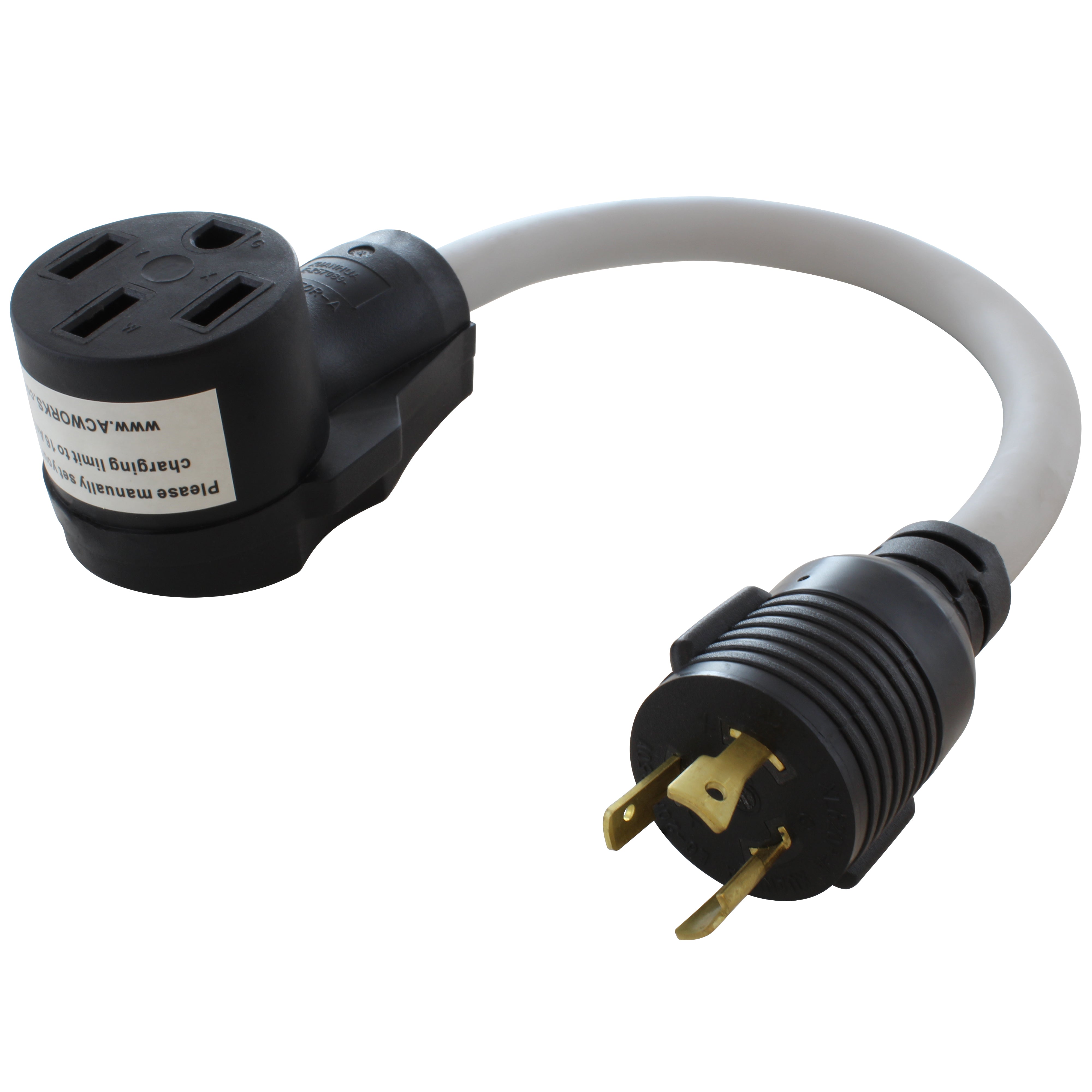
![AC WORKS® [ASINSS2PBX] 50A Locking 4-Wire CS6375/ SS2-50 Heavy-Duty Transfer Switch Inlet Box](http://acworks.com/cdn/shop/files/ASINSS2PBX-0_0206b362-7c90-42a5-8754-0685c13dab7e.jpg?v=1746043162&width=2500)
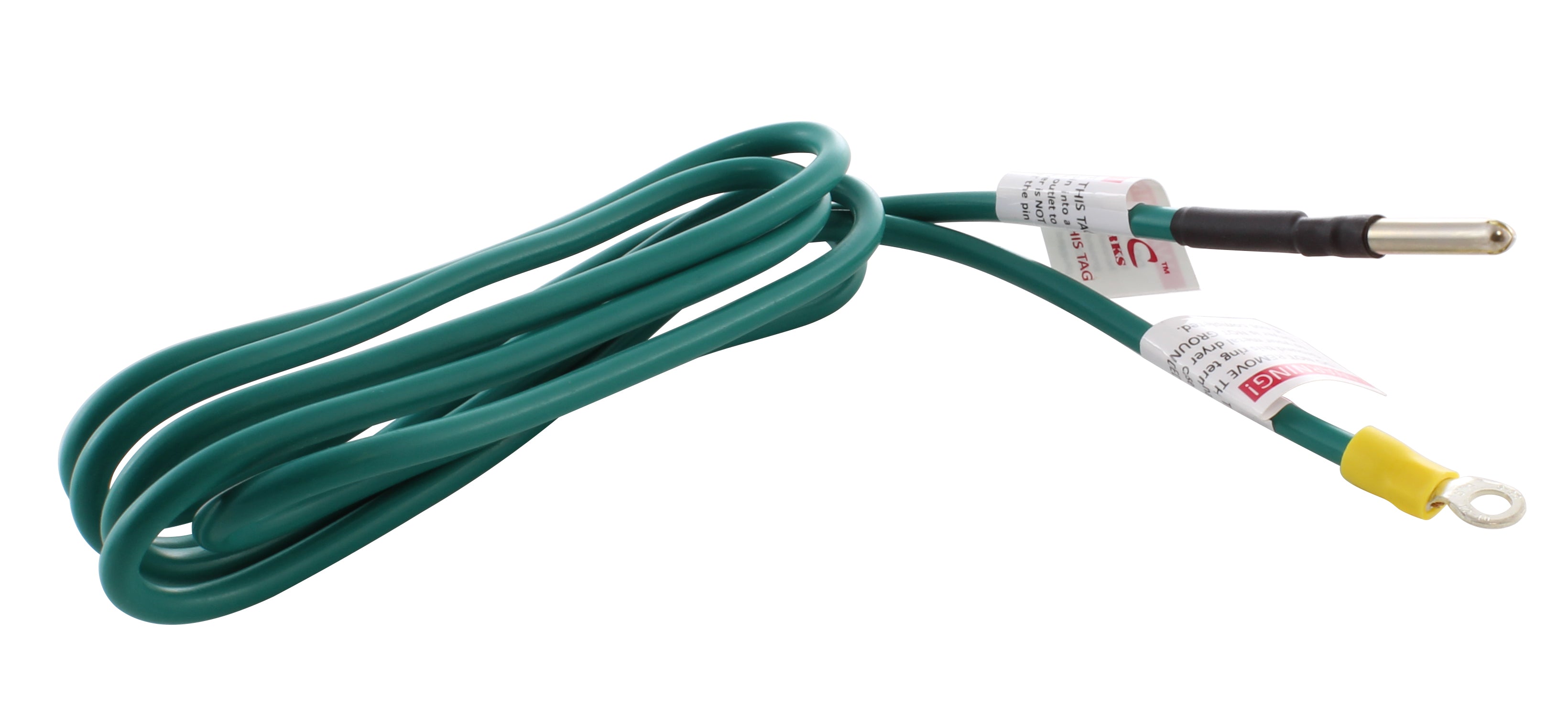
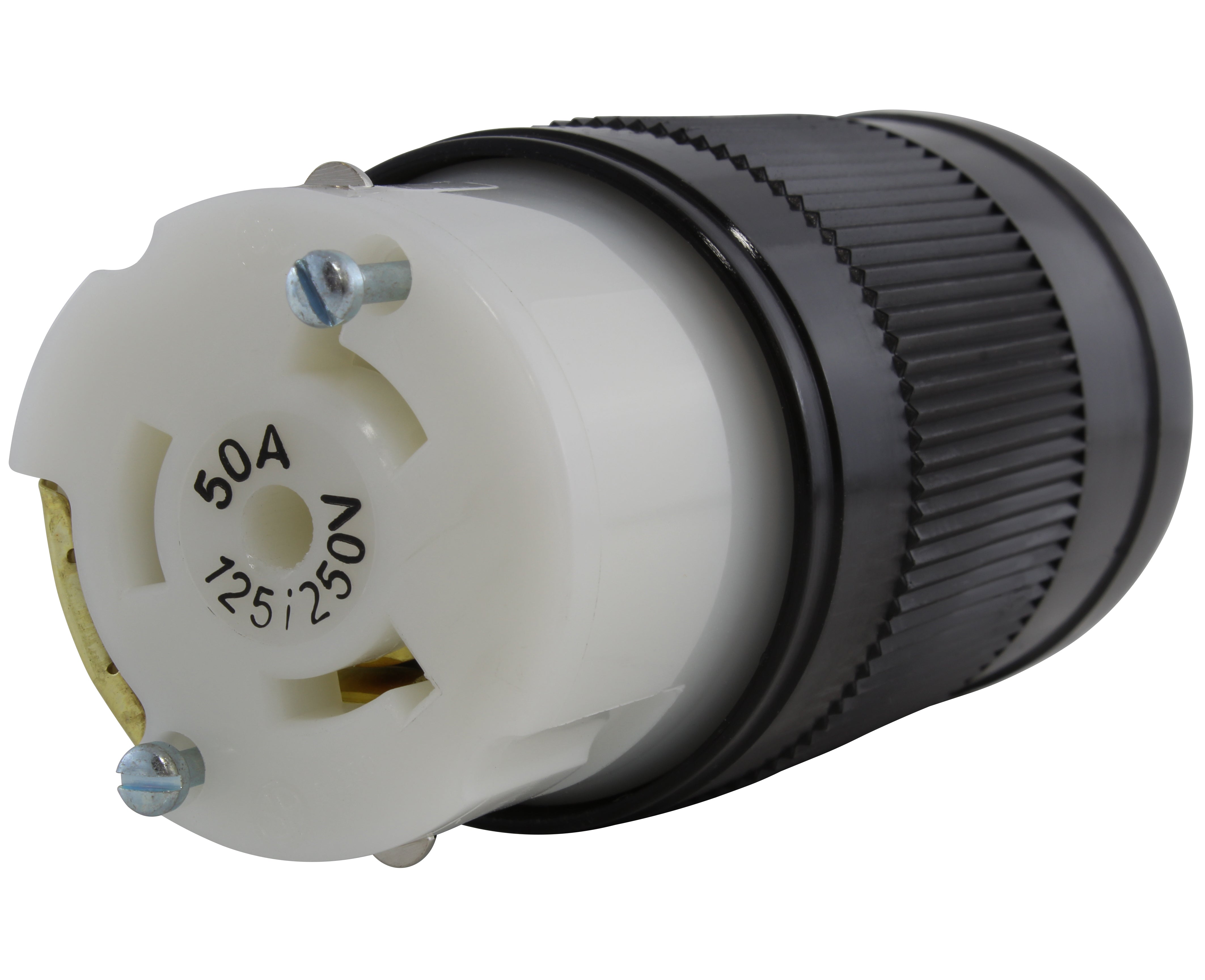
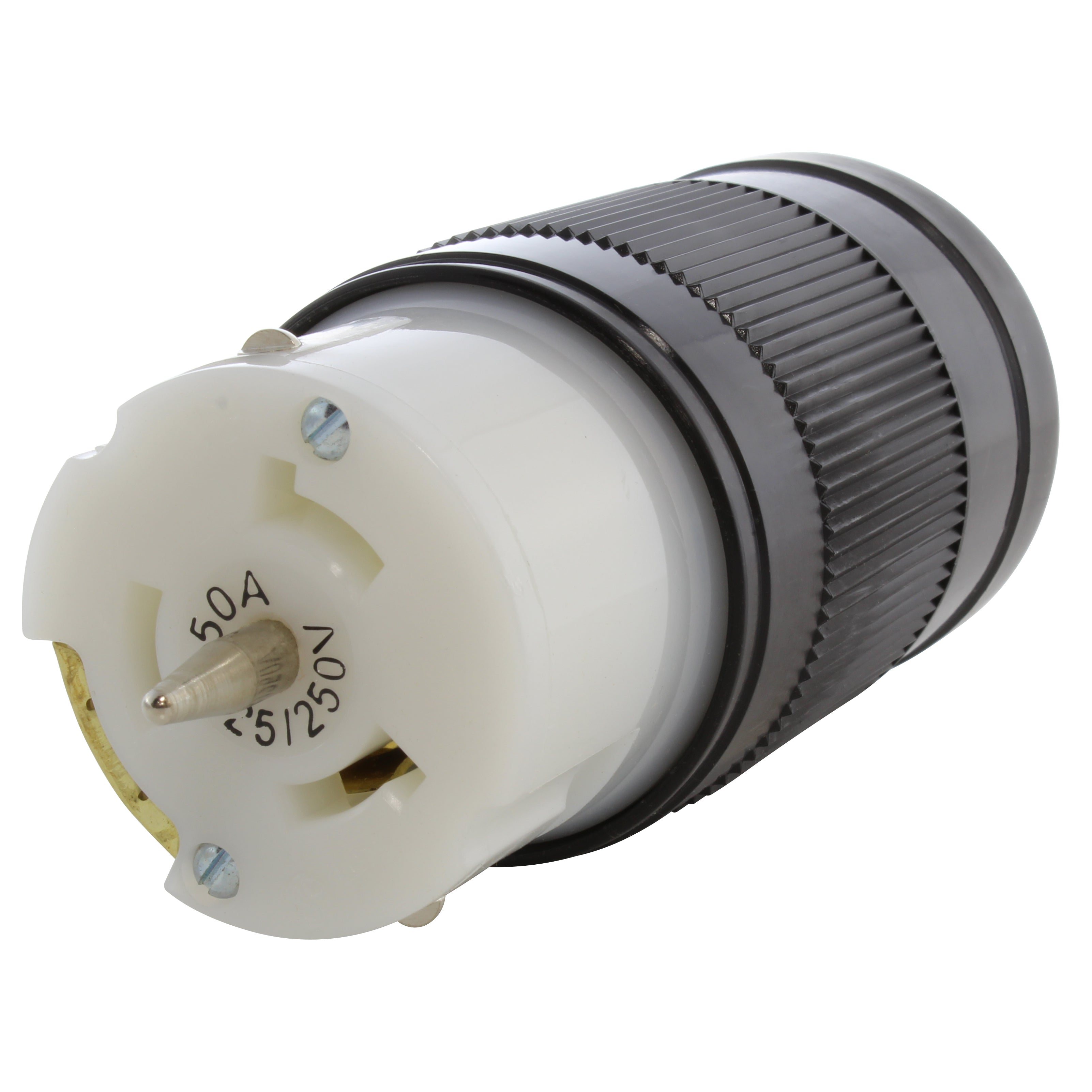
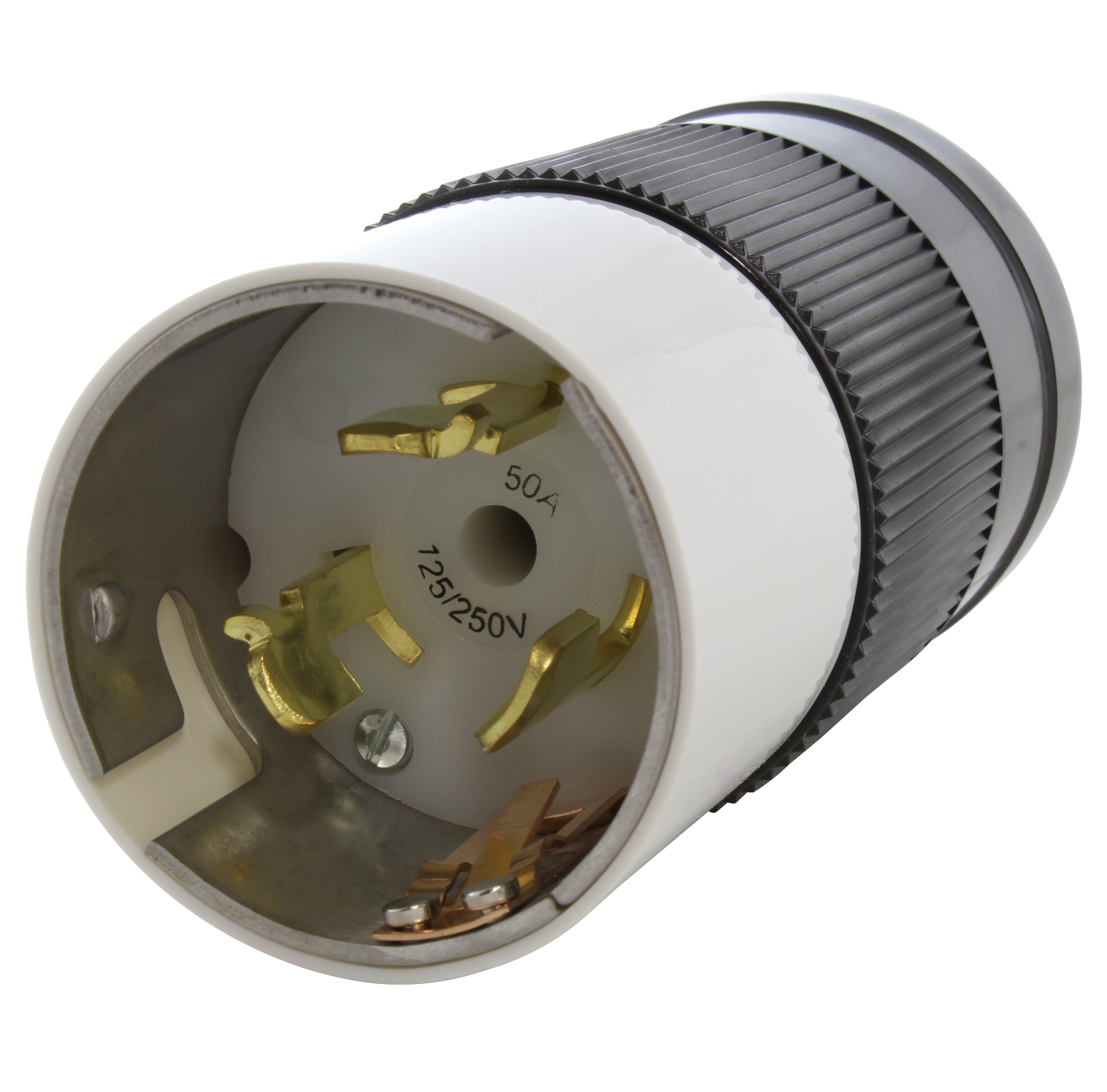
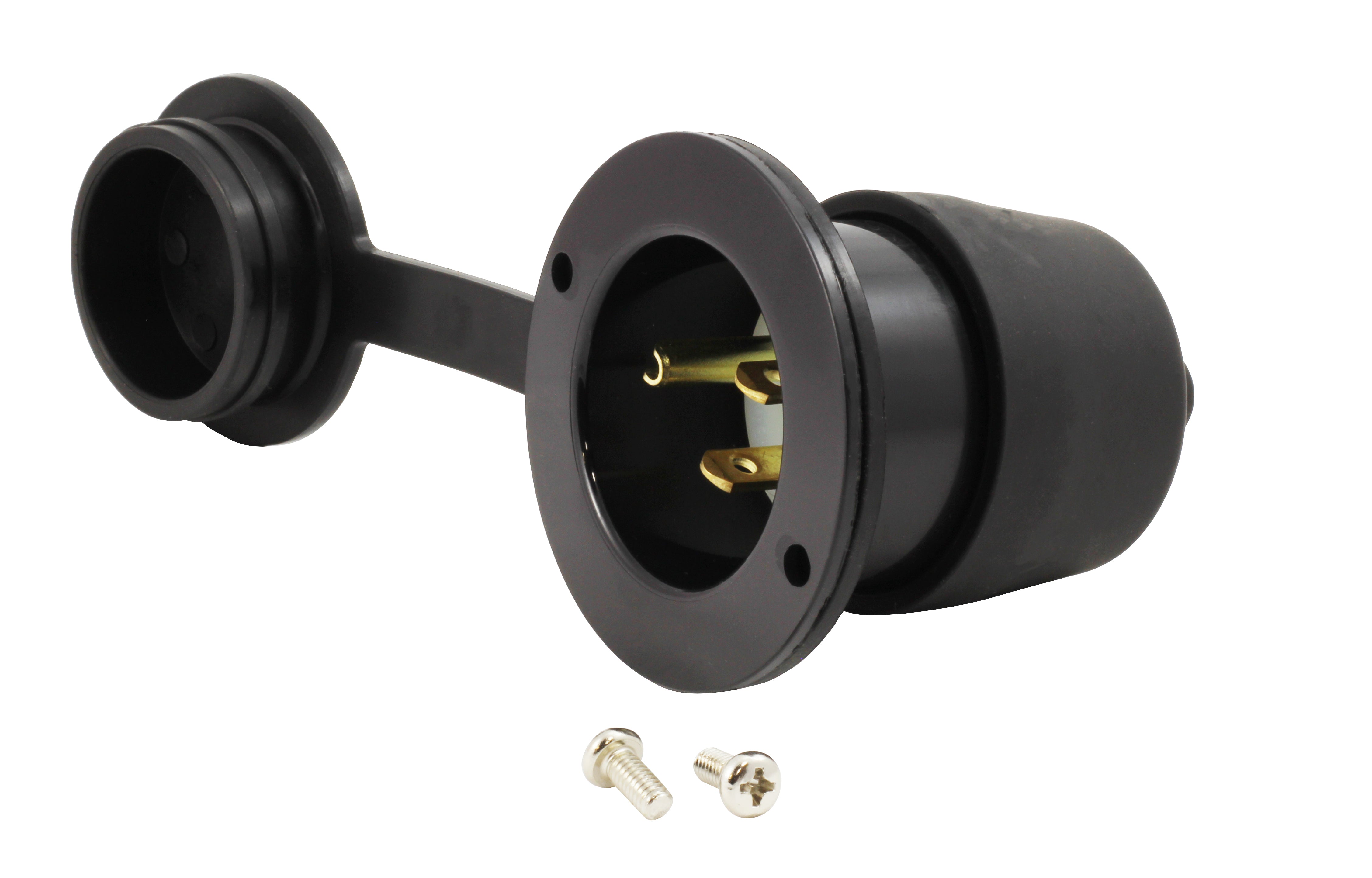
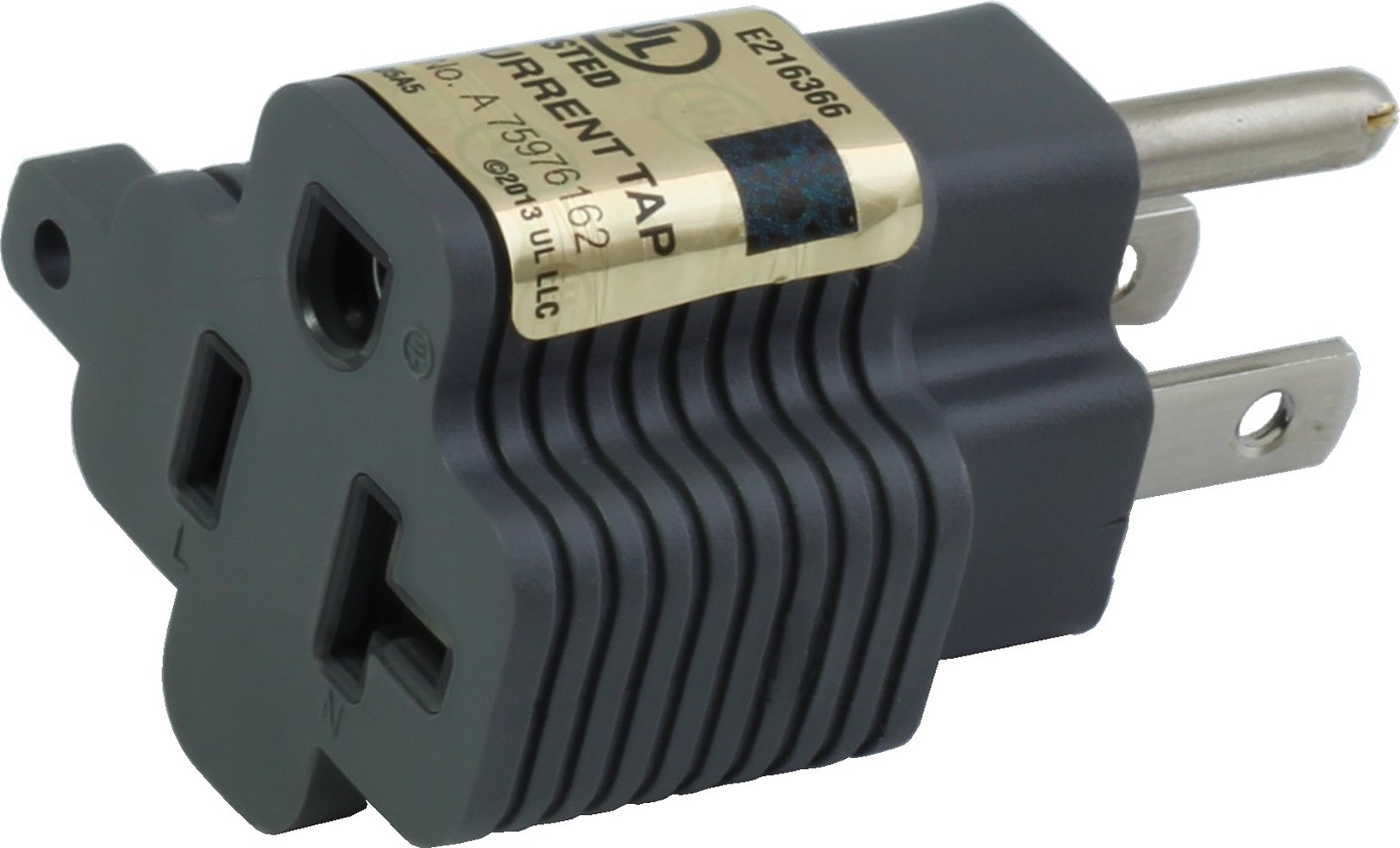
![AC WORKS® [ADV104] 3-Prong Heavy-Duty V-DUO Household Outlet Adapter](http://acworks.com/cdn/shop/products/ADV104-0.jpg?v=1605738768&width=3128)
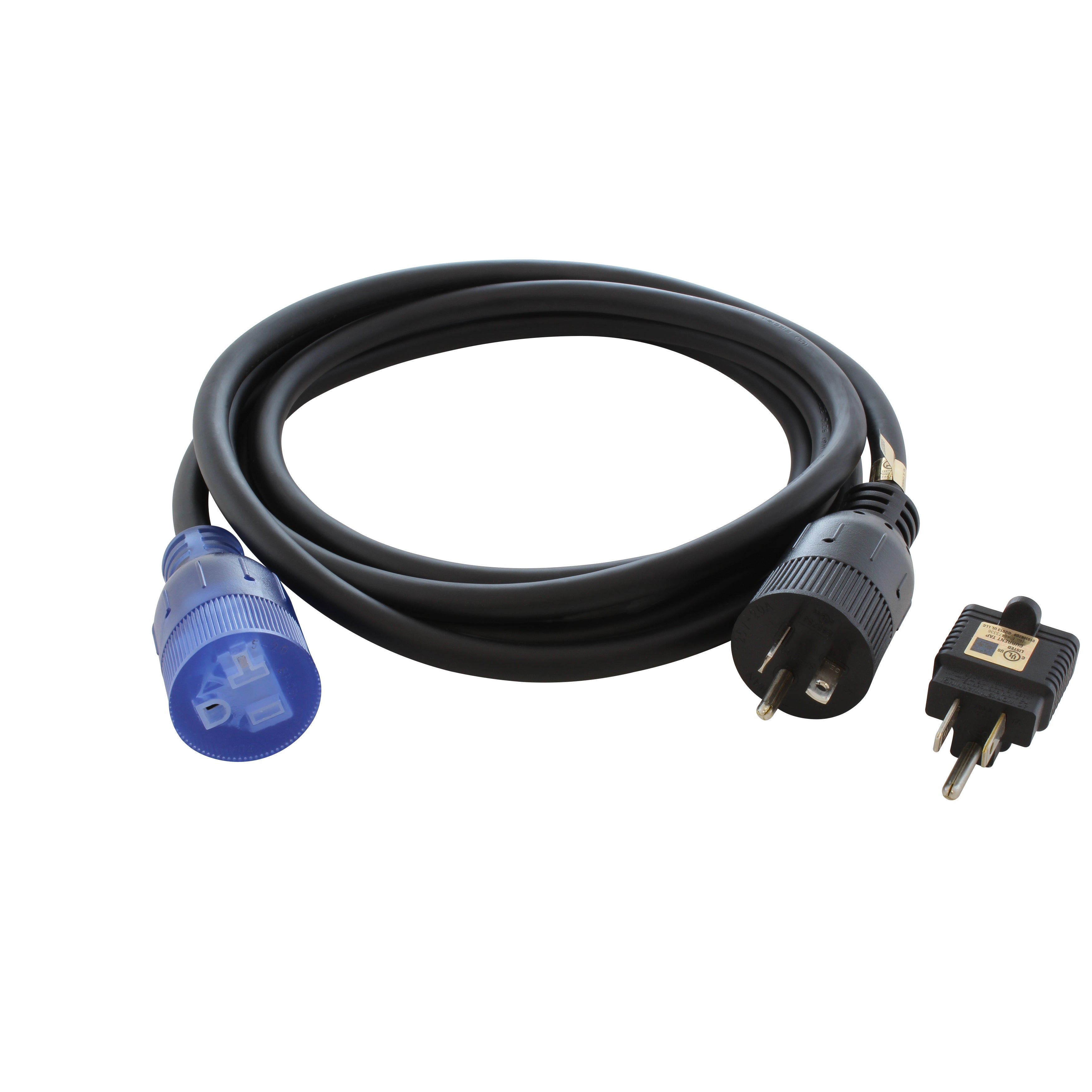
![AC WORKS® [XH515520] 15A to 15/20A 125 Volt Plug Adapter with ETL Safety Approval](http://acworks.com/cdn/shop/files/XH515520-0_daea425a-f439-48df-bb75-052167057f12.jpg?v=1729091519&width=2500)
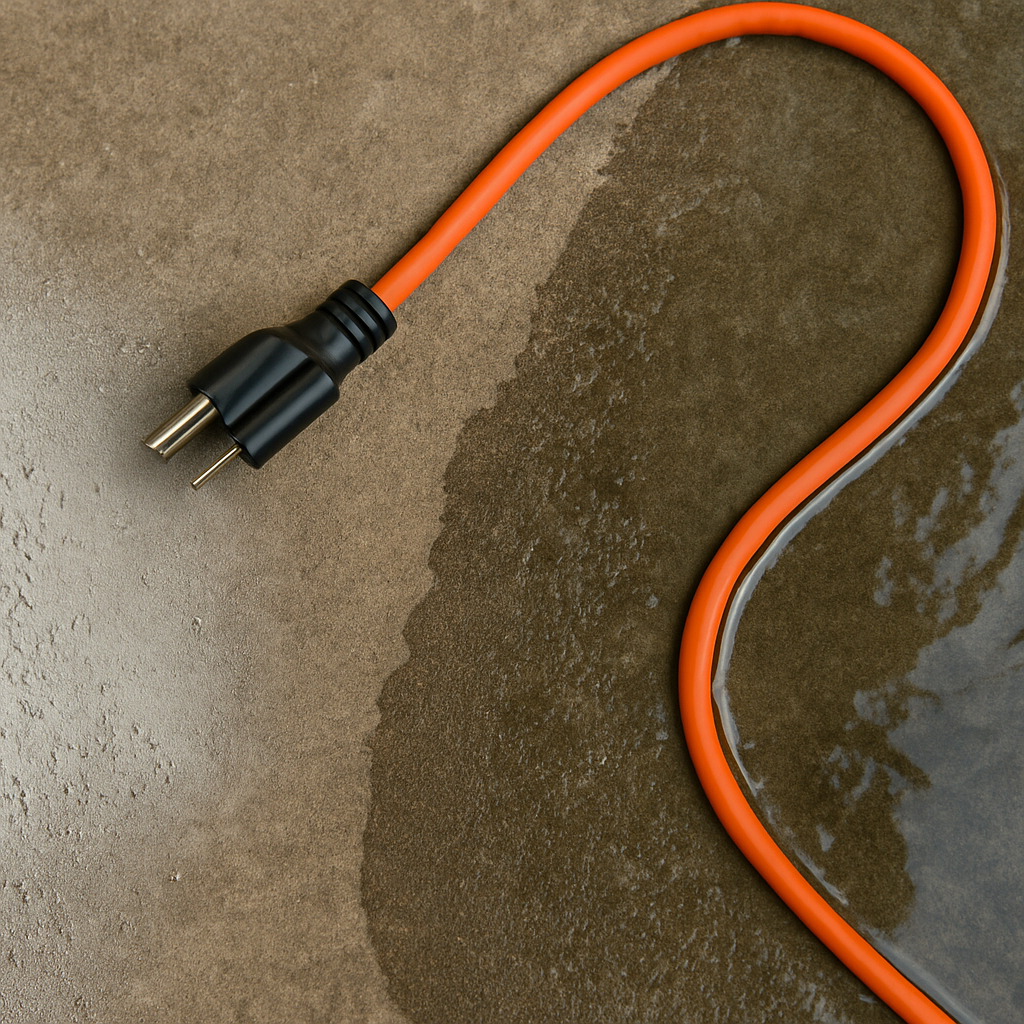
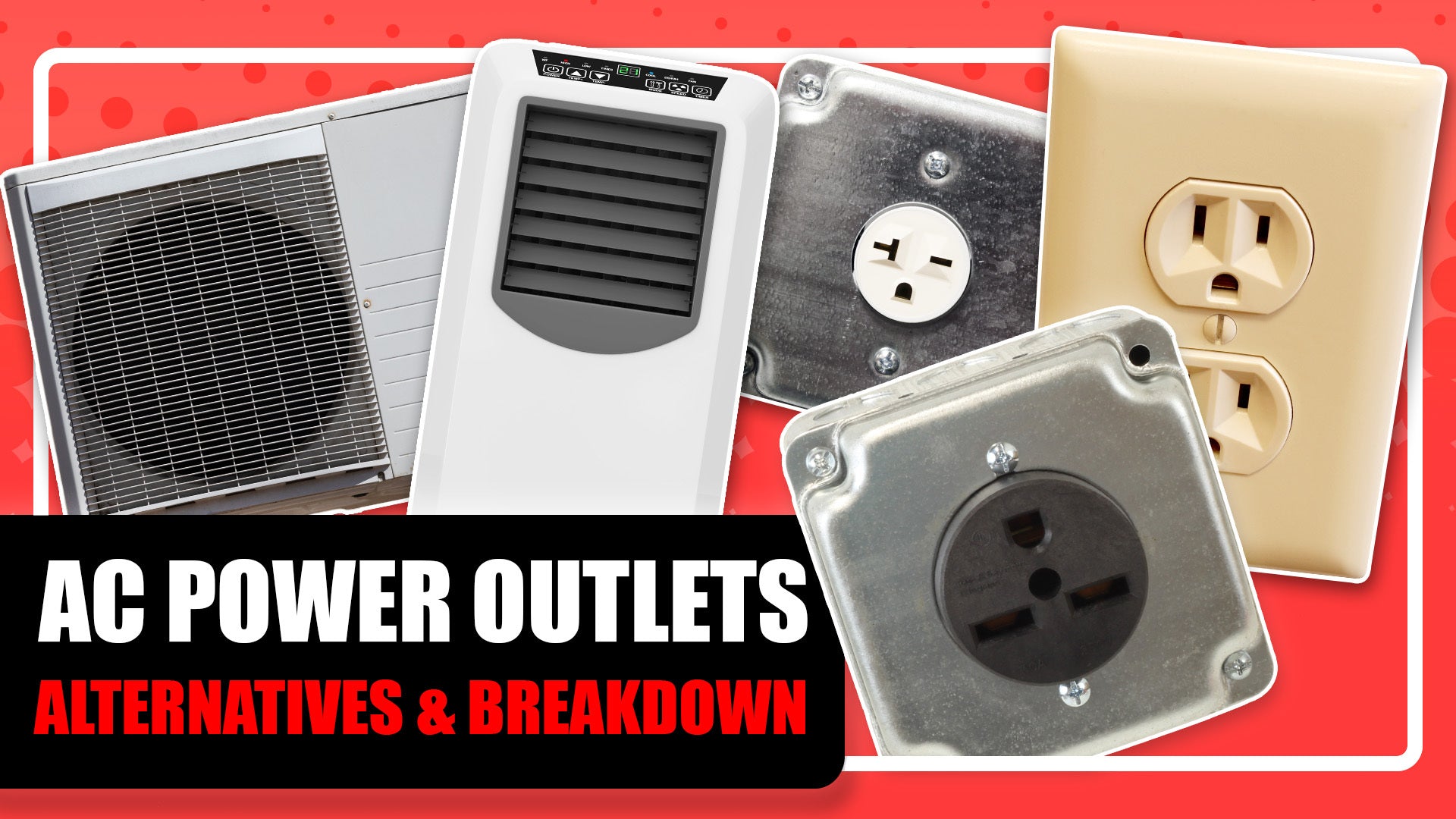
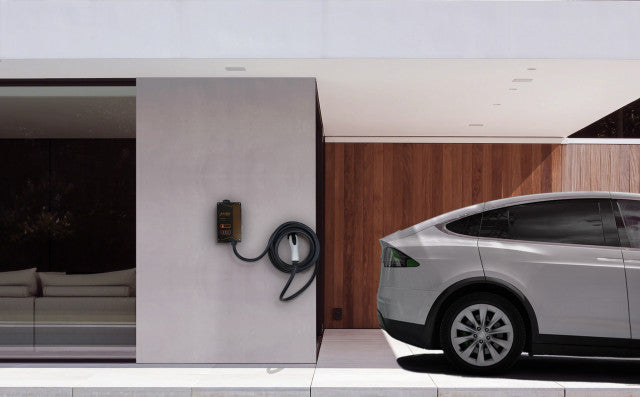
Share:
Differences Between NEMA 6-50 and NEMA TT-30
PRESS RELEASE: RSNA
2 comments
Hello Sudhir. What exactly is your question? Commercial kitchens/restaurant kitchens use a wide variety of voltages based on the appliances being used. Appliances from overseas can have completely different plugs along with completely different voltages.
Hello, have a quick Q on voltage ratings available in commercial kitchens/restaurant kitchens. We are looking to purchase some food processing machineries overseas, hence checking on it, Thanks.